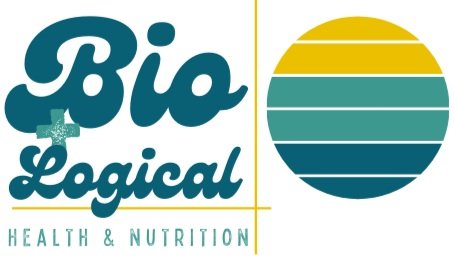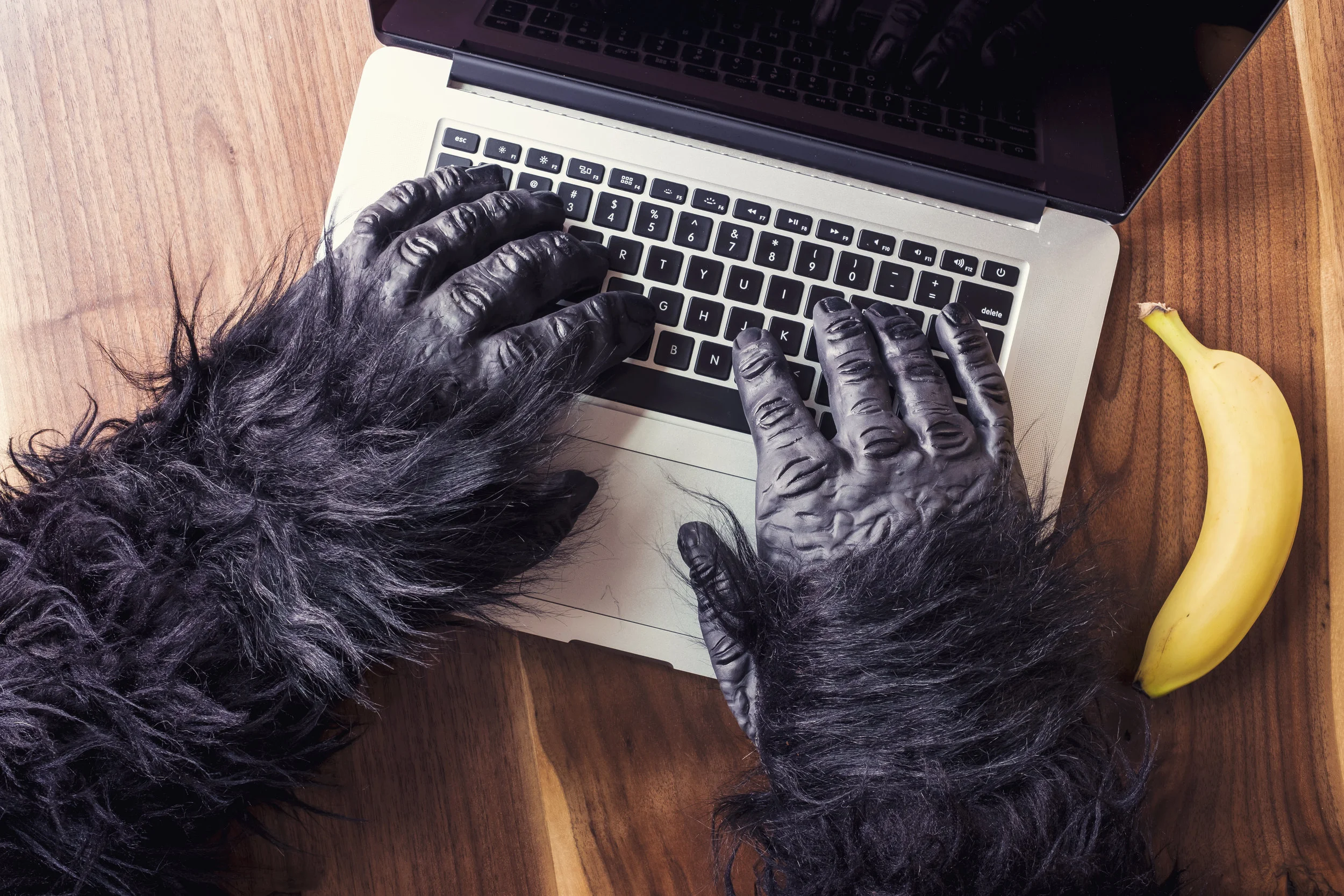Top o' the mornin', lab rats!
So yesterday we talked about DBS. If you didn't read it, make sure you do so that you're up to speed. In it I discussed ways to mitigate damage to your health by omitting unnecessary ingredients in foods that aren't good for you, in order to make them not as bad for you. Some of you may know this as "polishing a turd." In retrospect, DBS should be labeled DBSS (Don't Buy Shitty Shit,) because you're still buying shit -it's just not as shitty. Whatever.
DBS, along with what I'm going to talk about today, is part of my 80/20 rule -wherein making sure that 80 percent of your ACTIONS (not just food) are beneficial to your health, leaving room for the other 20 percent to be less so, but intentionally still good for you. As I said before, it can be too easy to fall back on old, destructive eating habits should life suddenly get a little messy or inconvenient. In the same way that you can't blow up a whale unless you have some explosives, you can't blow up your health if you don't have unhealthy food laying around. No dynamite in the fridge, 'k?
Moving on to today's profound wisdom: SOS -or- Swap Out Shit.
This is different from DBS in that we're looking to get rid of the "S" altogether. We want to take something that you already eat that's no so good for you, and swap it out for something that is. In most cases it'll be the same thing, just better. In other cases it'll be something altogether different. Consider it an "upgrade" to a better life. A lot of these will be much easier to discern -mostly because they will only contain the primary ingredient and maybe only one or two other ingredients. Chief among them: foods that came from animals that were grass-fed, pastured, wild or wild caught.
SIDEBAR:
Why do these things matter? I'm glad I asked.
First and foremost, the animal itself typically had a better life and death. I think it's important to have reverence for all life, especially one that was taken so that you could consume it's flesh for nourishment. Show some gratitude. More importantly -teach your kids to show gratitude. Raising an animal in its natural habitat (or as close to it as possible) while it ate a species appropriate diet produces a healthier, happier animal. This is good for the animal, and good for you, too. Without going into too much detail, factory farmed meats are cruel and disgusting on so many levels. If it was all I had to choose from, I would be a vegetarian and supplement carefully. There's just no way I could participate in that system. Lucky for me where I live, I can hunt and I also have access to properly pastured animals, including my own.
If you're going to consume animal products -and basic physiology tells us that animal products are a necessary part of a species appropriate diet, without question (don't worry vegans, I'm not calling you out...I support your compassion for living things)- I believe that it's incumbent on you to become aware of the nitty-gritty details about how your food is raised. As long as we keep our heads stuck in the sand, lest we become repulsed -and heaven forbid, risk becoming more enlightened- these abhorrent practices will not stop. The animals will continue to suffer, as will your health, and the health of the only planet we have to live on. I HIGHLY recommend reading this interview with Michael Pollan. It's well worth the time, and it may quite possibly change your life and the lives of your children. In fact, if you read this interview, and you DON'T feel repulsed enough to make a change, there's a very strong chance that you and I will never be friends. Knowledge is power.
So this is kind of where the Paleo diet shines, in that it stresses clean eating of animal products. I'm not a huge strict follower of any one diet, because most diets seem silly to me. Eat real food designed to nourish a human body and brain. I'm all for experimentation on the individual to determine his or her own N=1 when it comes to eating. My parameters are that the diet should be 1) species appropriate, 2) nutrient dense, 3) not inflammatory. Meet those three things, then tweak it to suit your own needs and demands. More on that later.
END SIDEBAR.
So what foods am I talking about? Instead of butter made from regular, grain-fed dairy (or margarine -made from Fabio's tears,) buy grass-fed butter (Kerrygold is a popular brand. Costco sells it in a 3-pack for about $9 here.) Grass-fed butter is a healthy saturated fat. It's anti-inflammatory, high in butyric acid, a good source of vitamins A, E, & K, conjugated linoleic acid (CLA), arachidonic acid, and cholesterol (your body needs it to produce hormones and fight inflammation.) Same goes for cheeses. Look for cheeses made from grass-milk or pastured. In fact, let's just include raw, grass-fed milk here too -if you have access to it. Skip the pasteurized, homogenized, grain-fed, pus. If you can't get raw, make your own nut milk. Here's my recipe. If you're buying nut milk, make your own. Instead of eggs from giant factory farms, look for "pastured" -not "pasteurized"- make sure it says "pastured." "Cage-free" and "free-range" don't really mean anything good. It's mostly marketing b.s. Same goes for "vegetarian-fed." Chickens aren't vegetarians. They're related to T-Rex. Seriously.
Stop buying corn-fed, diseased beef (did you read Michael Pollan's interview i linked to above?) Buy grass-fed (really, grass-finished.) That goes for all meats. You want them pastured. Fish? Skip farmed, and buy wild or wild-caught. Can't afford it? A can of wild sockeye salmon is like $3-4. Incidentally, if you buy canned fish, (sardines, tuna, oysters) make sure it's packed either in olive oil or water. Most are in cottonseed oil or soybean oil...super no bueno. Like factory farmed beef, factory farmed fish is disgusting and horrible for the aquatic environment. The one caveat here is farmed oysters and mussels. Those are perfectly fine.
ANOTHER SIDEBAR:
Since a lot of parents have asked...hot dogs, yes or no? Look, it's pretty well known that chefs like to eat all the naughty bits that gross most people out. We know where the good stuff is and usually selfishly reserve it for ourselves. So with that said, I don't care if a hot dog has lips and assholes in it. Making use of the animal -nose to tail- isn't just respectful and economical, it's healthier. My son's first solid food was grass-fed lamb heart, liver, and raw pastured egg yolk...foods he still eats today. However, I am concerned about all the other nasty preservatives, chemicals, and colorings, as well as the fact that most are made from diseased, grain fed animals. Good news: organic, grass-fed hot dogs exist, without all the "SS." Same goes for things like liverwurst, patè, and blood sausage. Mmmm...hello you beautiful, nutrient dense bastard.
END SIDEBAR.
Vegetable oils. Ditch 'em or anything made with them. Instead, use ONLY olive oil, coconut oil, avocado oil, ghee, duck fat, tallow or lard rendered from properly raised animals. This may run counter to everything you've been taught by "them," but "they" also used to say that smoking was good for you, so screw "them."
Soda? No. Kombucha? Yes. You're welcome. Pickles? Look for naturally fermented ones -i.e. no vinegar on the label- just water, salt, and spices (Bubbies is a good brand -@Whole Foods.) Mayonnaise? Skip the soybean oil and make your own. It's basically just an emulsion of olive oil and egg yolk (and salt, lemon, & water.) Swap out the olive oil for butter, and you've just made one of my favorite superfoods -hollandaise sauce. Peanut butter? Almond butter. Iceberg lettuce? Organic spring mix. Maple "flavored" syrup? Real maple syrup. Refined sugar? Raw honey. Hershey's chocolate? Organic dark chocolate.
Then of course, there's organic. Honestly though, "organic" is kind of pissing me off because it's starting to mean less and less. Big agriculture and the food industry are getting away with some pretty nefarious shit with organic products these days. All that said, I'll still pay a little extra and hope that I'm not getting hosed, because the health benefits are so worth it. Most of the time. With produce, check out the "Clean 15" (okay to not buy organic) and the "Dirty Dozen" (buy organic.)
One more quick thing worth mentioning: if you have access to farmer's markets or community supported agriculture (CSA,) take the time to check them out. It's nice to meet and develop relationships with the people who grow your food. The Weston A. Price foundation is a great resource for finding local growers and ranchers in your area that are producing a lot of what I'm talking about. Also, make friends with a hunter or fisherman or learn to hunt or fish. The best way to rebel against a corrupt system that favors profit over compassion and common sense is to participate in it as little as possible and support those who do it right. Learn to operate independent of it. Again, knowledge is power. Why do you think society is being dumbed down at every turn? Control of power.
So here ya go...DBS and SOS. Are there more foods to SOS? Sure, but this is a good start for now. If you want to add to the list, comment below. Simply changing the foods you put in your basket can drastically improve your health and the health of the people you feed. Make it a habit to do these things every time you buy groceries, and you'll be doing yourself and your family a huge favor. The best part? I haven't told you to really eliminate anything...yet. Just make better choices with the bad stuff you're already buying. It really is that simple.
Focker, out.
Next up on How To Properly Feed A Human: Nutrient-dense foods and BTS

